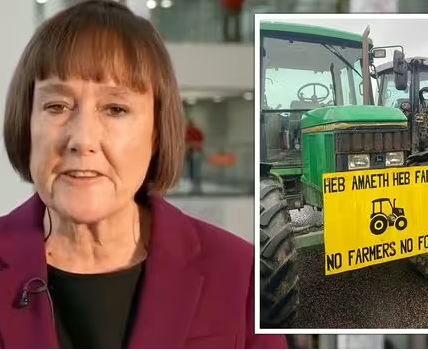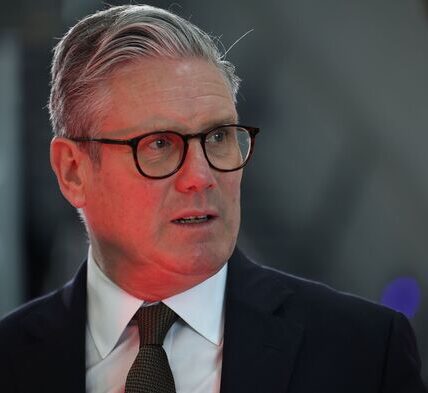Rachel Reeves is widely expected to make cuts to welfare amid concerns over Europe’s defence and UK public spending. The Chancellor told Sky News welfare needs to be reformed as it costs taxpayers too much and too many people are trapped on out-of-work benefits.
Ms Reeves wants to slash public spending by billions of pounds in her Spring Statement due on March 26 and will deliver her plans in response to increased borrowing costs and weak economic growth. These are likely to require spending cuts in order for the Chancellor to meet her commitments on managing the public finances.
Curbing the cost of welfare and a drive for greater efficiency across Whitehall are expected to contribute the bulk of the savings. Added pressure comes from the Labour Government’s pledge to ramp up Britain’s defence spending to 2.5% of Gross Domestic Product (GDP) by 2027, up from the current 2.3%.
Ms Reeves has said the manifesto pledge to reach 2.5% this parliament is to be achieved in two years’ time because the Government recognises “the world has changed the enormity of the situation”.
US President Donald Trump has told NATO members that those who don’t pay enough for their own defence won’t receive his protection.
Work and Pensions Secretary Liz Kendall is expected to set out welfare reforms within weeks. She told Cabinet colleagues on Tuesday there are 2.8 million people not in work due to ill-health and one in eight young people not in education, training or employment.
She told them this is “holding back the economy” and is “bad for people’s wellbeing and health”, with the sickness and disability bill for working-age people rising by £20billion since the pandemic and forecast to hit £70bn over the next five years.
A Health and Disability Green Paper will set out plans to supports those who can work back into jobs, rather than write them off, according to the Work and Pensions Secretary.
Cabinet Office minister Pat McFadden and Health Secretary Wes Streeting are also expected to set out an efficiency drive, which will reduce the number of civil servants and cut costs, in the run-up to the Spring Statement, according to the BBC.



